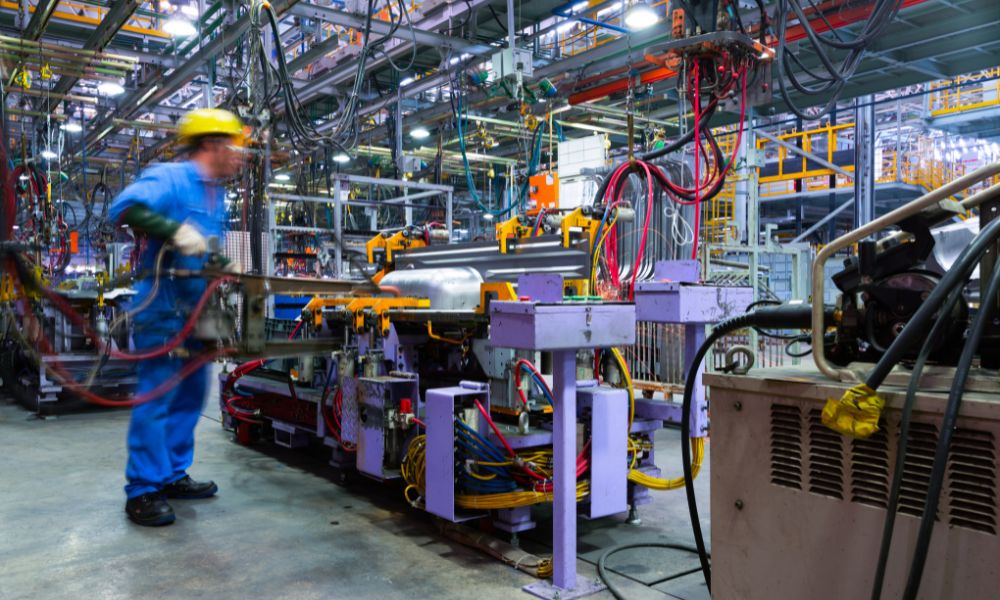
Labor shortages don’t stop a demanding consumer market. It’s challenging for factories to maintain productivity with a limited number of employees. However, following good practices can enhance the workplace. Read these helpful ways manufacturers can mitigate labor shortages for some great advice.
Expand Your Hiring Pool
To attract more talent, consider expanding your hiring pool. Reassess the qualifications and duties of the job and alter requirement areas. For example, if the company requires a bachelor’s degree, consider accepting candidates with high school diplomas or previous factory experience. Doing so will help you find talent and fill roles quickly.
Increase the Use of Automation
Machines come in handy when you don’t have extra hands, and they can make daily processes go faster! Automation can take time-consuming tasks and relieve employees of those duties. Instead of manually counting inventory or stacking boxes, automated programs can make things easier for all workers. After all, streamlining efficiency for a faster workflow is why an automatic palletizer is worth the money. Don’t overwork employees when machines can get the job done!
Offer Role Advancement
Employees who know their way around the factory should have the opportunity for role advancement. They can oversee large processes or play a larger role in the company. And with labor shortages, placing workers in higher positions can cover multiple job functions. Of course, it’s important not to overwork employees. But career advancements will help daily operations. For example, they can oversee departments and help out where they can.
Delegate Tasks Efficiently
Another way manufacturers can mitigate labor shortages is to delegate tasks efficiently. No employee should feel like their workload is significantly more than their colleagues’. Evenly distributing tasks allows workers to fulfill responsibilities and help push daily workflow. If a task is too much for an employee, they can talk to management about pulling in resources to complete the task.
Provide Factory Floor Training
Training helps workers become better employees. And with a finite number of workers, understanding job roles is critical. Therefore, training can reinforce various processes or help people advance to new roles. Expertise in certain areas becomes essential to manufacturing companies because it creates consistent and productive work.
